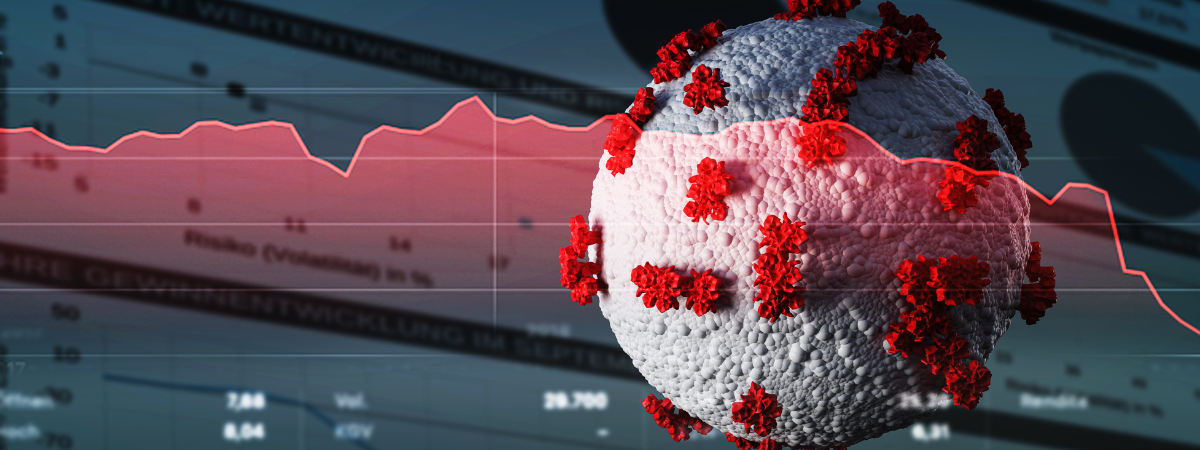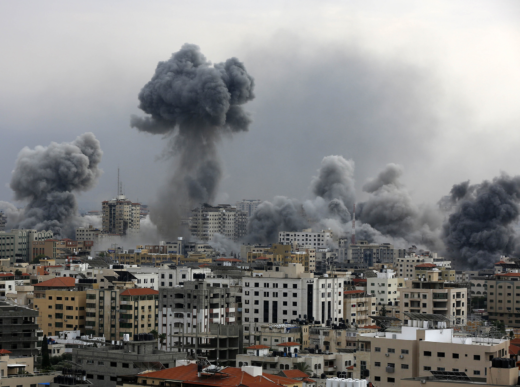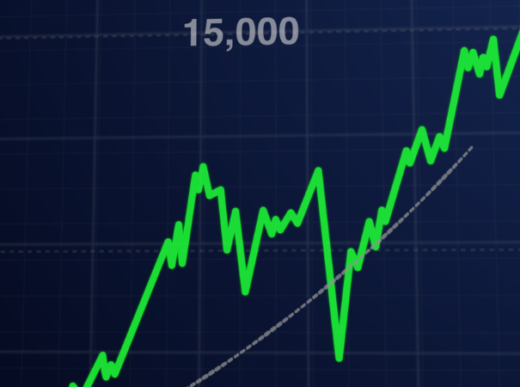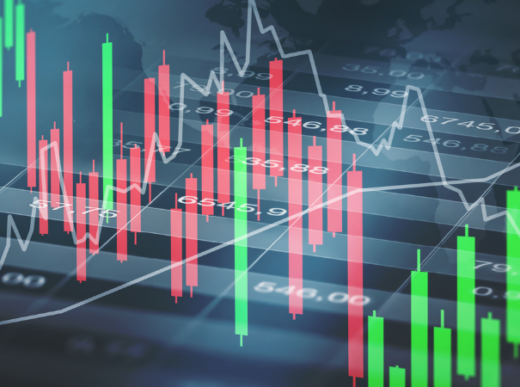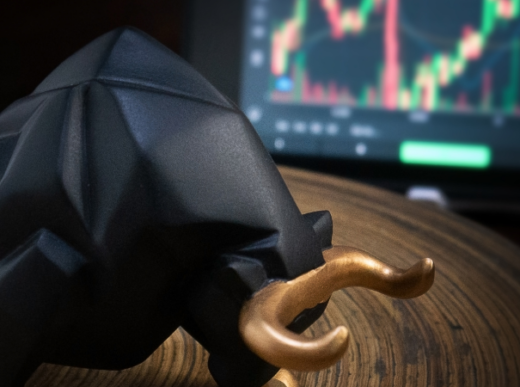As indicated by Sonu Varghese from Carson Group, a significant concern for both the economy and the stock market involves the potential occurrence of a sudden spike in gasoline prices. With gas prices having already increased by 23% so far this year, any additional upward movement could potentially reignite inflationary pressures.
The current situation is compounded by the limited quantities of refined oil products held in storage within the United States. This scarcity increases the likelihood of heightened price volatility, particularly in light of the ongoing hurricane season.
Carson Group’s global macro strategist, Sonu Varghese, has emphasized that a potential shock in gas prices stands as one of the most significant risks facing both the economy and the stock market.
In a note shared on Tuesday, he pointed out that gasoline prices have already experienced substantial growth within this year, with the average retail price rising by 23% to reach $3.80 per gallon.
While this figure still remains notably lower than the peak reached on June 10, 2022, at $5.00 per gallon, the prospect of further gas price hikes could potentially hinder consumer spending and lead to a renewed acceleration in inflation.
Gas pump prices are primarily influenced by the cost of crude oil, constituting roughly 50% of the overall pricing equation, as indicated by the Energy Information Administration. However, these pump prices are also subject to the variations in prices between crude oil and refined products, commonly referred to as “crack spreads.”
About a quarter, or 25%, of the cost associated with a gallon of gasoline is attributed to crack spreads, while taxes, distribution, and marketing expenses make up the remaining 25%.
What raises concerns for Varghese is the recent surge in crack spreads, a trend reminiscent of what was observed in 2022 when gas prices reached record highs.
“Crack spreads tend to increase when the inventory of refined products, such as gasoline, diesel, and even jet fuel, is limited. This shortage can be attributed to various factors, including refinery closures and insufficient investment in capacity,” he elaborated.
Given that U.S. petroleum inventories are currently below the average levels observed between 2015 and 2019, this situation could render the gasoline market susceptible to a supply shock, ultimately driving prices upwards.
“This is reminiscent of the situation we witnessed during Russia’s invasion of Ukraine. We were reminded of this once again last week when an oil refinery’s storage tank caught fire in Louisiana, marking it as the third largest such incident in the United States,” Varghese remarked.
His primary concern revolves around the potential repercussions of rapidly rising gas prices on the broader economy. This apprehension is grounded in the fact that elevated prices at the gas pump can significantly impact consumer sentiment, potentially resulting in reduced spending.
Concurrently, elevated prices hold the capacity to trigger a renewed acceleration in inflation, given that gasoline serves as a pivotal input across various industries, including those related to food delivery expenses. Additionally, the cost of airfare is markedly sensitive to fluctuations in fuel prices.
Should inflation indeed reaccelerate, it is likely that the Federal Reserve would continue to uphold its stringent monetary policy approach and further raise interest rates.
The escalation of gas prices “promptly presents a dual predicament for two specific reasons: Firstly, it might compel the Federal Reserve to promptly respond by increasing interest rates, and secondly, it diminishes the actual income of households,” commented Varghese. “We observed both of these scenarios unfold last year. Although the economy displayed sufficient resilience to navigate through these challenges, I would prefer not to witness the economy grappling with such conditions once again.”
While his optimism regarding the prospects of the stock market and economy remains intact, he does express concerns that another sudden surge in gasoline prices could significantly hinder both investors and consumers alike.
